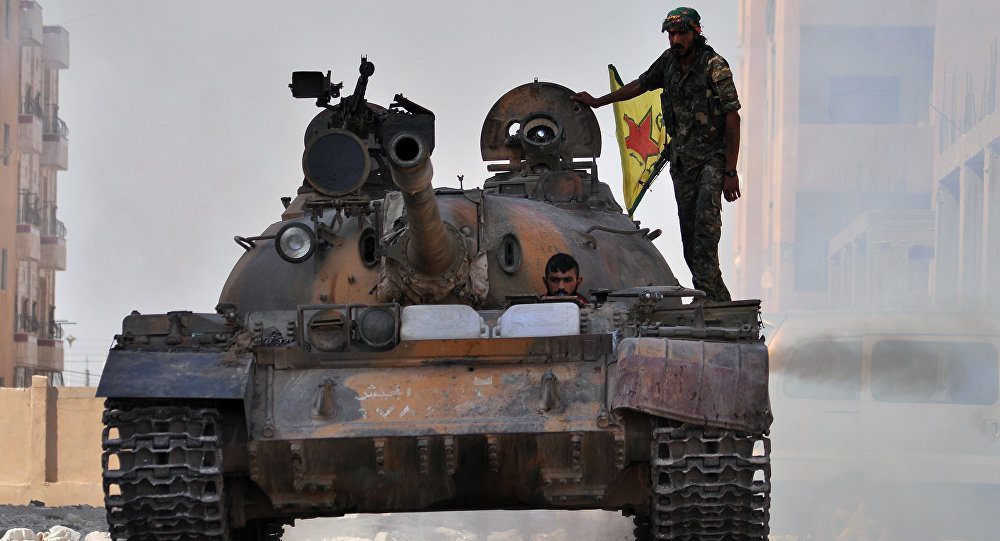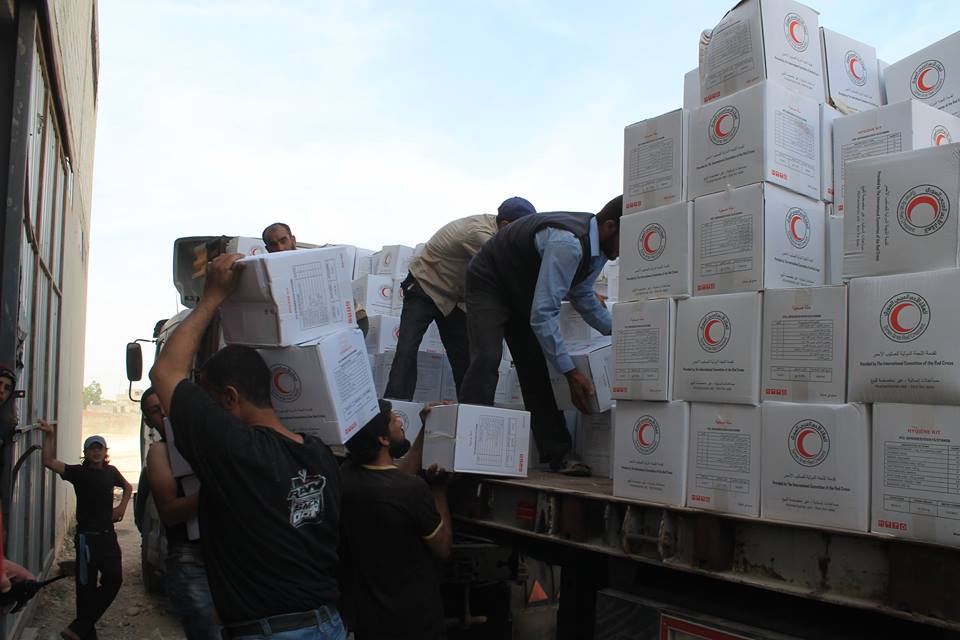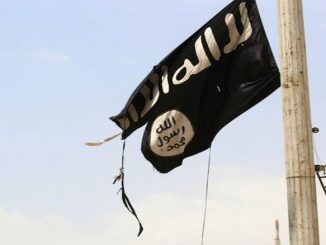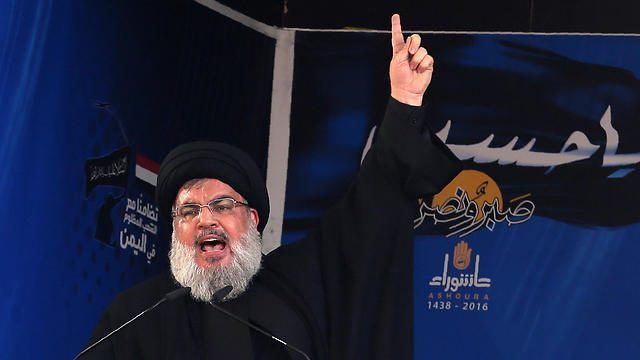
The US-backed Syrian Democratic Forces (SDF) has declared its intention to launch an assault on ISIS-held Raqqa, while Turkey which is a key player against ISIS is not expected to take part.
The SDF, a group comprising mainly of Kurdish armed groups fighting in Syria, said at a press conference on Sunday the offensive to reclaim the de facto capital of Islamic State (ISIS) would begin on Saturday.
“On this occasion, we call on the international community and regional forces to coordinate and take part in the operation to exterminate ISIS,” an SDF official said before announcing the US would offer air support in the offensive.
“We also call on international humanitarian and relief agencies to perform their duties for the people in Raqqa after the city has been liberated.”
Announcing the “Wrath of the Euphrates” operation, the SDF said they hoped Turkey would not “interfere in internal Syrian affairs”.
Of the SDF’s 30,000-strong force, up to 25,000 fighters come from the YPG, according to some estimates.
The fighters called on civilians to stay away from areas in which ISIS fighters are known to be, and to try to run to “liberated” areas of the country.
The SDF statement said the operation aimed to “isolate and then topple the capital of international terrorism”, indicating an initial phase aimed to surround Raqqa before any move to seize it. No time frame was given.
Kurdish militias were able to retrieve Manbij city along with many other areas from ISIS control earlier this year. However, they are being accused of planning a demographic change in the areas they take over.
Raqqa is the Syrian capital of the extremist group of “Islamic State”. Since its capture in 13 January 2014, ISIS started running its training camps and directs operations in Raqqa. The group has been overseeing civilian life in the city including bakeries, banks, schools and mosques.
Turkish-Kurdish tension
Turkey is not expected to take part in Raqqa operations, as it has been holding its own military operation called “Euphrates Shield” against both ISIS and the Kurdish militias in Syria.
Turkey operations started on August 24 alongside allied rebel forces who have managed to retake the ISIS stronghold of Jarabulus, alongside with al-Rai to the west and Dabiq city. Turkey also attacked the Kurdish militias ordering them to withdraw from East Euphrates region. Many clashes erupted between the two alliances and recemtly Turkey said it will force Kurdish militias out of Manbij.
Turkish officials including President Recep Tayyip Erdogan have said they will not accept a role for the Kurds in the liberation of Raqqa.
Syrian rebels were able to retrieve Jarablus town from ISIS and opened a new front to the west at al-Rai village, putting more pressure on ISIS militants from the both sides and securing the Syrian-Turkish border from the militants’ presence.
Syrian rebels retrieve Dabiq town also from ISIS, paving the way to attack al-Bab city near Aleppo.
The rebels have since extended those gains and now control an area of roughly 1,270 square km (490 square miles) in northern Syria.
The Turkish military also shelled Kurdish militias’ positions northern Syria while the rebel forces clashed with them in many incidents.
Turkey sees the PYD and their armed wing YPG as an extension of Kurdish PKK militants who have waged a three-decade insurgency in southeastern Turkey.
Turkey fears the YPG will try to connect three de facto autonomous Kurdish cantons that have emerged during the five-year war to create a Kurdish-run enclave in northern Syria, stoking the separatist ambitions of Kurds on its own soil.
While Turkey’s initial focus was on driving Islamic State from Jarablus, much of its efforts have been spent on stopping the advance of U.S.-backed Syrian Kurdish fighters.



